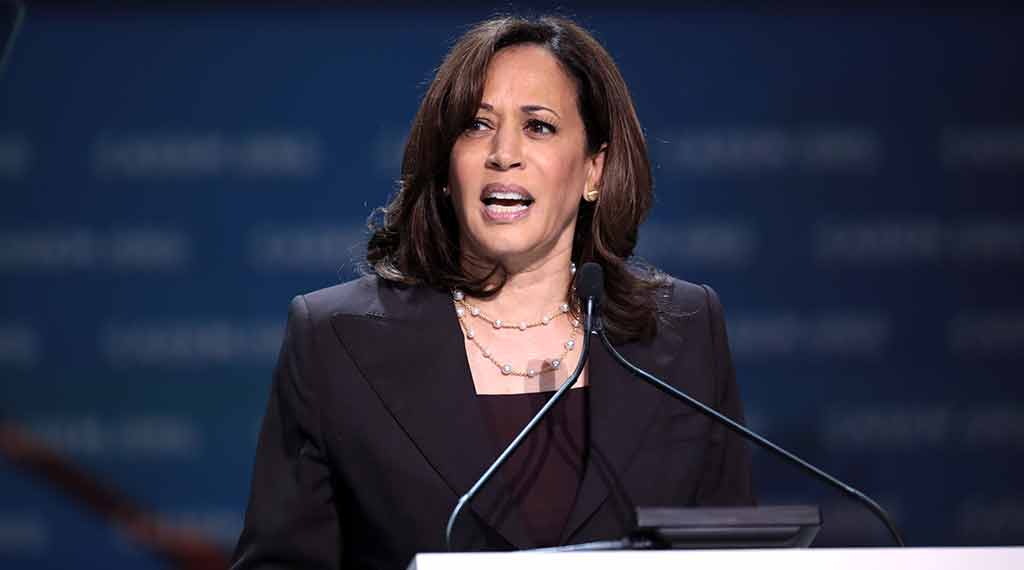
Former President Donald Trump drives liberal Jews to distraction when he says that American Jews have to be crazy to vote for his Democratic opponent. They call him an antisemite. But he keeps on saying it.
At his press conference in Palm Beach last Thursday Trump said Vice President Kamala Harris is “very, very bad to Israel,” and “very bad to Jewish people,” and added that any Jewish voter who casts his ballot for Harris “should have his head examined.”
Two weeks ago, he told Sid Rosenberg on ABC radio, “Number 1, she doesn’t like Israel. Number 2, she doesn’t like Jewish people. You know it, I know it and everybody knows it and nobody wants to say it.”
Jewish Harris voters, he intoned, “should have their heads examined.”
Trump’s rhetoric is inarguably indelicate, even crass. But substantively, is he right? Does Harris have the best interests of Israel and Jews at heart in her policies and positions at this critical juncture in Israeli and American Jewish history?
The place to begin answering this question is by asking where American Jews stand on the issues of U.S.-Israel ties and antisemitism in America.
American Jewish concerns and convictions
According to a Pew survey of American Jews from March, 89% of American Jews are supportive of Israel. A June 2024 survey of American Jews conducted by the American Jewish Committee showed that their commitment has only grown since Oct. 7.
Fifty-seven percent of American Jews feel more strongly attached to Israel since Oct. 7 than they did before the Hamas invasion and slaughter that day. Eighty-five percent believe it is important for the United States to stand with Israel. Eighty-seven percent of American Jews think that antisemitism has increased in the United States since Oct. 7, and 55% say it’s increased a lot.
The eruption of antisemitism in the United States since Oct. 7 has left American Jews shaken. Seven percent of American Jews reported considering moving to another country as a result.
Overall, 64% of American Jews reported that Oct. 7 had changed their social behavior. Fifty-three percent avoided talking about the Israel-Hamas war with other people. Twelve percent ended relationships with others who expressed antisemitic views, and 27% of American Jews reported hiding their Jewish identity when meeting new people.
These data make clear that as the U.S. presidential race moves into high gear, the American Jewish community is on edge, deeply committed to and concerned about Israel and deeply concerned about the state of antisemitism in the United States.
Kamala Harris by Gage Skidmore is licensed under ATTRIBUTION-SHAREALIKE 2.0 GENERIC
- The opportunity of Trump’s victory - November 7, 2024
- Netanyahu’s ‘day after’ plan - October 15, 2024
- The secret of Netanyahu’s unacknowledged and historic popularity - October 10, 2024
